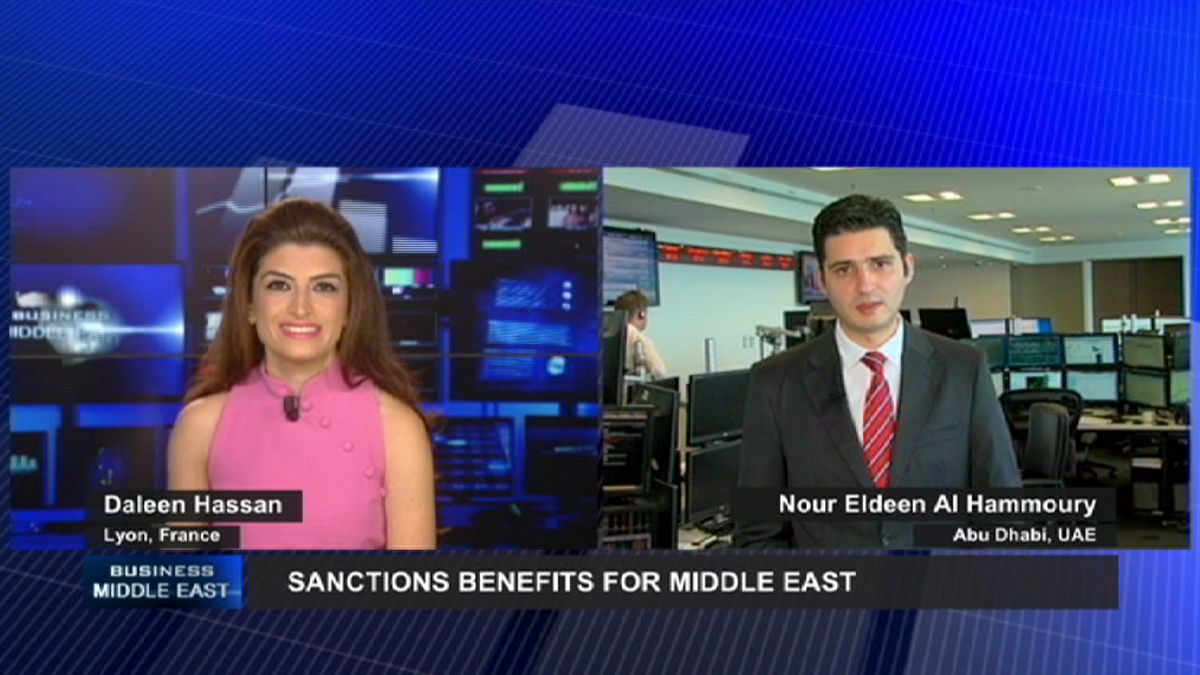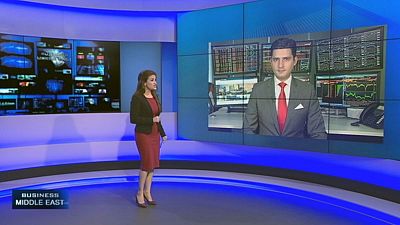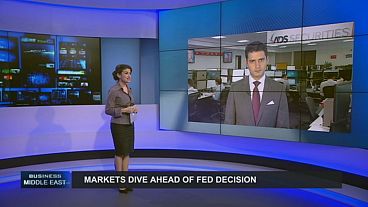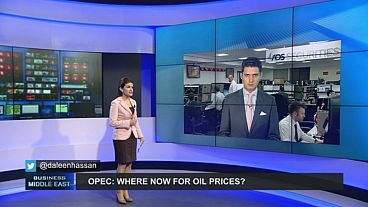There have been significant economic consequences from the EU sanctions and Moscow’s response.
Russia, the EU’s second biggest food market, declared a one-year ban on much produce from the European Union, the US and other Western countries in early August.
EU farmers are suffering. Particularly badly hit are the Baltic states, and countries like Poland and Spain, which want compensation from Brussels.
“It is going to hit the incomes of the farmers who are the main people affected. We want the EU to take the necessary measures,” said Spanish farmer Francisco Moreno, expressing the frustration of many of his counterparts across Europe.
However, this presents opportunities for countries like Egypt and Morocco which plan to sell more produce to Russia.
On the financial front, Russian state-owned banks have been blocked from long-term financing in Europe’s capital markets and the sanctions have boosted the flight of capital from Russia.
That could mean more investment money heading to places like Dubai and Abu Dhabi, with less volatile stock markets than in Europe.
Energy, particularly Russian gas,- is another potential sanctions target.
Certainly, the Kremlin could leave Europe shivering in the cold this winter, but that would have a huge impact on Russia’s federal budget, over half of which comes from oil and gas exports.



